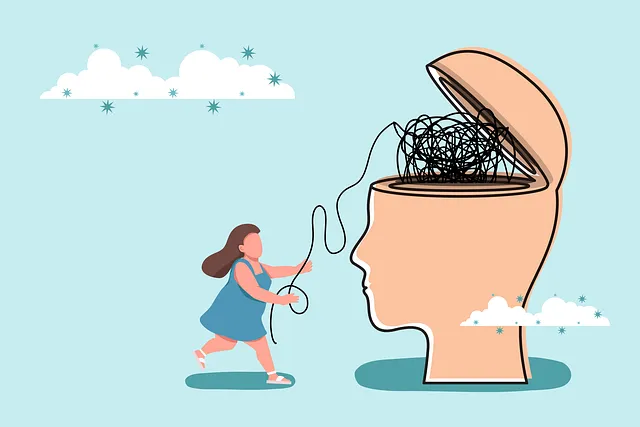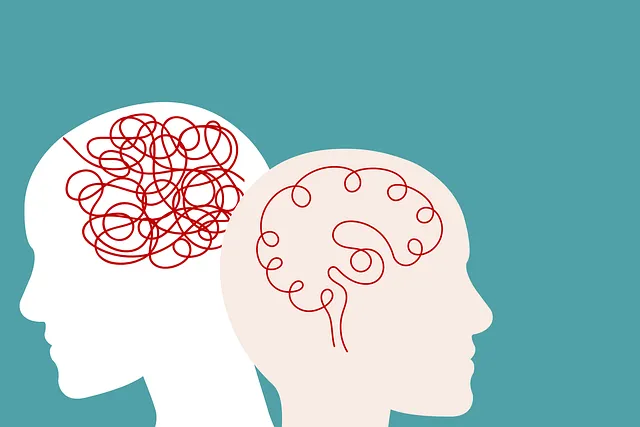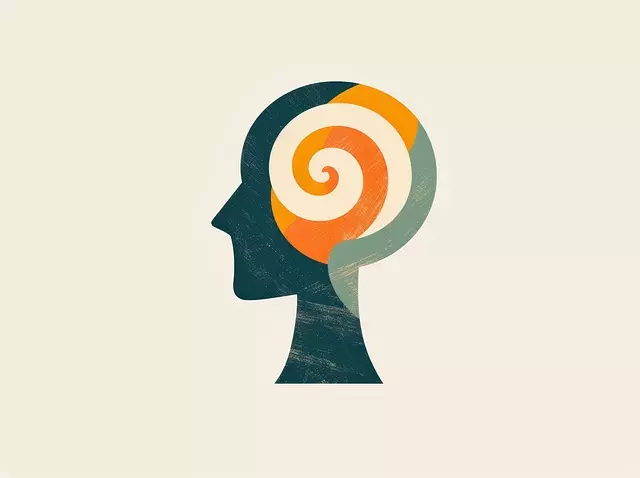The Kaiser Permanente Mental Health Access Center in Arvada offers Social Skills Training (SST), a targeted intervention for individuals with mental health conditions, focusing on building confidence in social situations. SST teaches vital skills like interpreting non-verbal cues and active listening, incorporates empathy strategies, and advocates for mental health policy. Through community outreach, it connects participants to local support networks, improving social integration and mental health outcomes. The center, a key resource, provides inclusive care, stigma reduction, and personalized support tailored to diverse conditions, revolutionizing mental health access in Arvada.
Social skills training is a powerful tool for individuals navigating mental health conditions, offering a unique approach to enhancing social interactions and overall well-being. This article explores how specialized programs, such as those provided by the Kaiser Permanente Mental Health Access Center in Arvada, are transforming lives. We delve into the benefits of social skills training, its various techniques, and provide insights on accessing these valuable resources at the center. By understanding these programs, individuals can take a significant step towards improving their social confidence and overall mental health.
- Understanding Social Skills Training for Mental Health Conditions
- The Role of Kaiser Permanente Mental Health Access Center in Arvada
- Benefits and Techniques Used in Social Skills Training
- Accessing and Navigating Social Skills Training at the Kaiser Permanente Center
Understanding Social Skills Training for Mental Health Conditions

Social Skills Training (SST) is a targeted intervention designed to enhance interpersonal interactions for individuals managing mental health conditions. This approach recognizes that effective social engagement is a cornerstone of recovery and overall well-being. SST programs, like those offered at the Kaiser Permanente Mental Health Access Center in Arvada, focus on teaching practical skills to navigate social situations with confidence. Participants learn to interpret non-verbal cues, initiate conversations, maintain eye contact, and actively listen—all crucial components for building meaningful connections.
These training sessions often incorporate Empathy Building Strategies, encouraging participants to consider different perspectives and foster supportive relationships. Additionally, the Mental Health Policy Analysis and Advocacy component equips individuals with knowledge about their rights and available resources in the community. Through Community Outreach Program Implementation, SST can connect people with local support networks, enhancing their ability to integrate into social environments and improving their overall mental health outcomes.
The Role of Kaiser Permanente Mental Health Access Center in Arvada

The Kaiser Permanente Mental Health Access Center in Arvada plays a pivotal role in addressing mental health challenges within the community. This center is dedicated to providing accessible and comprehensive care, aiming to reduce the stigma associated with mental illness through various initiatives. They offer a range of services tailored to individuals suffering from diverse mental health conditions, ensuring that every patient receives personalized support.
One of its notable contributions is facilitating mental illness stigma reduction efforts. By creating an inclusive environment, they encourage open conversations and foster understanding among community members. Additionally, the center implements risk management planning for mental health professionals, equipping them with strategies to handle complex cases effectively. They emphasize positive thinking as a therapeutic tool, promoting well-being and resilience among patients.
Benefits and Techniques Used in Social Skills Training

Social Skills Training offers a multitude of benefits for individuals navigating mental health conditions. By providing tools to navigate social interactions with confidence and ease, this form of therapy empowers participants to foster meaningful connections and enhance their overall mental wellness. At the Kaiser Permanente Mental Health Access Center in Arvada, professionals employ evidence-based techniques tailored to each individual’s unique needs. These strategies may include role-playing exercises, cognitive reframing, and group discussions designed to promote active listening, assertiveness, and emotional regulation – all crucial aspects of emotional healing processes. Through such comprehensive approaches, participants not only gain proficiency in social skills but also cultivate inner strength development, enabling them to thrive in both personal and professional spheres.
Accessing and Navigating Social Skills Training at the Kaiser Permanente Center

The Kaiser Permanente mental health access center in Arvada offers a comprehensive range of services, including Social Skills Training, tailored for individuals managing various mental health conditions. This training is a specialized program designed to empower patients with essential skills for navigating social interactions. By accessing these resources, clients can enhance their ability to connect and communicate effectively in daily life, which is particularly beneficial in managing symptoms associated with anxiety, depression, or trauma.
The center’s approach prioritizes an inclusive environment where participants learn practical strategies. These include Conflict Resolution Techniques, essential for addressing interpersonal challenges, and Trauma Support Services catering to those who have experienced adverse events. Through interactive sessions, individuals gain confidence in social settings, improving their overall well-being. The Kaiser Permanente Center’s dedicated team ensures a supportive learning experience, facilitating personal growth and successful integration into community environments.
Social skills training, as offered by the Kaiser Permanente Mental Health Access Center in Arvada, is a powerful tool for individuals navigating mental health conditions. By utilizing evidence-based techniques, this program empowers participants to build and strengthen social connections, fostering a sense of belonging and improved overall well-being. With access to such specialized services within the community, individuals can take significant steps towards managing their mental health and enhancing their social lives, ultimately enriching their overall quality of life.






